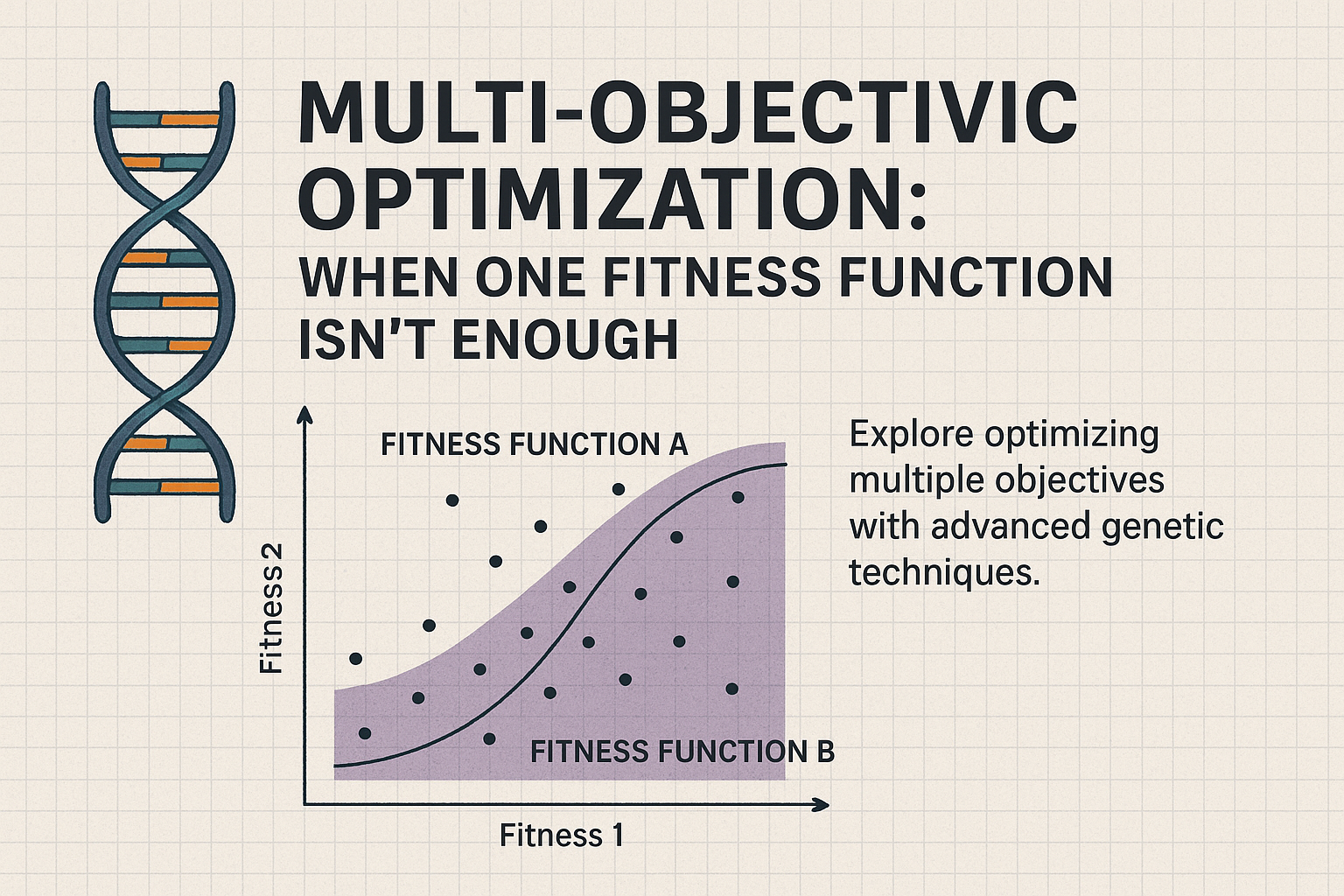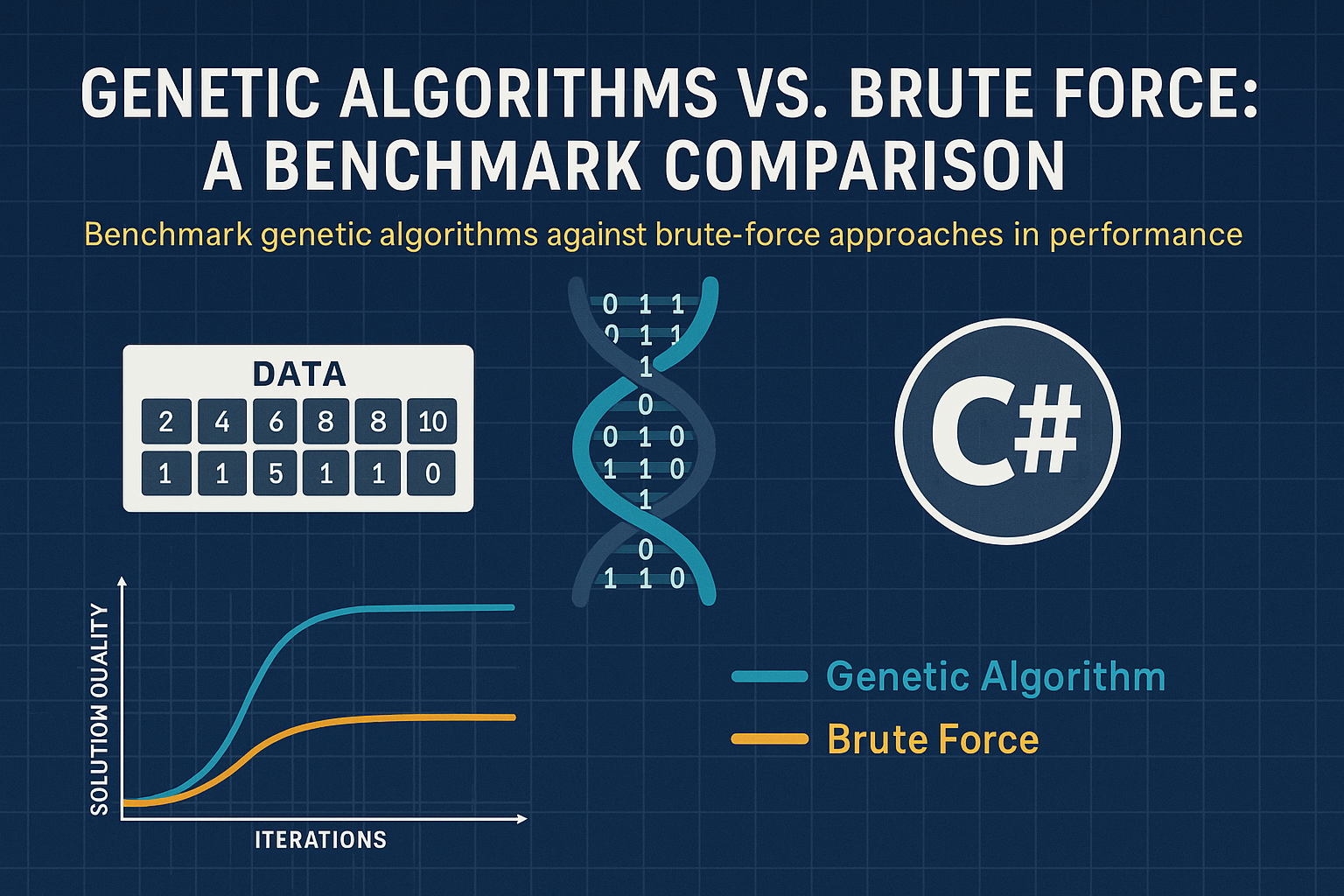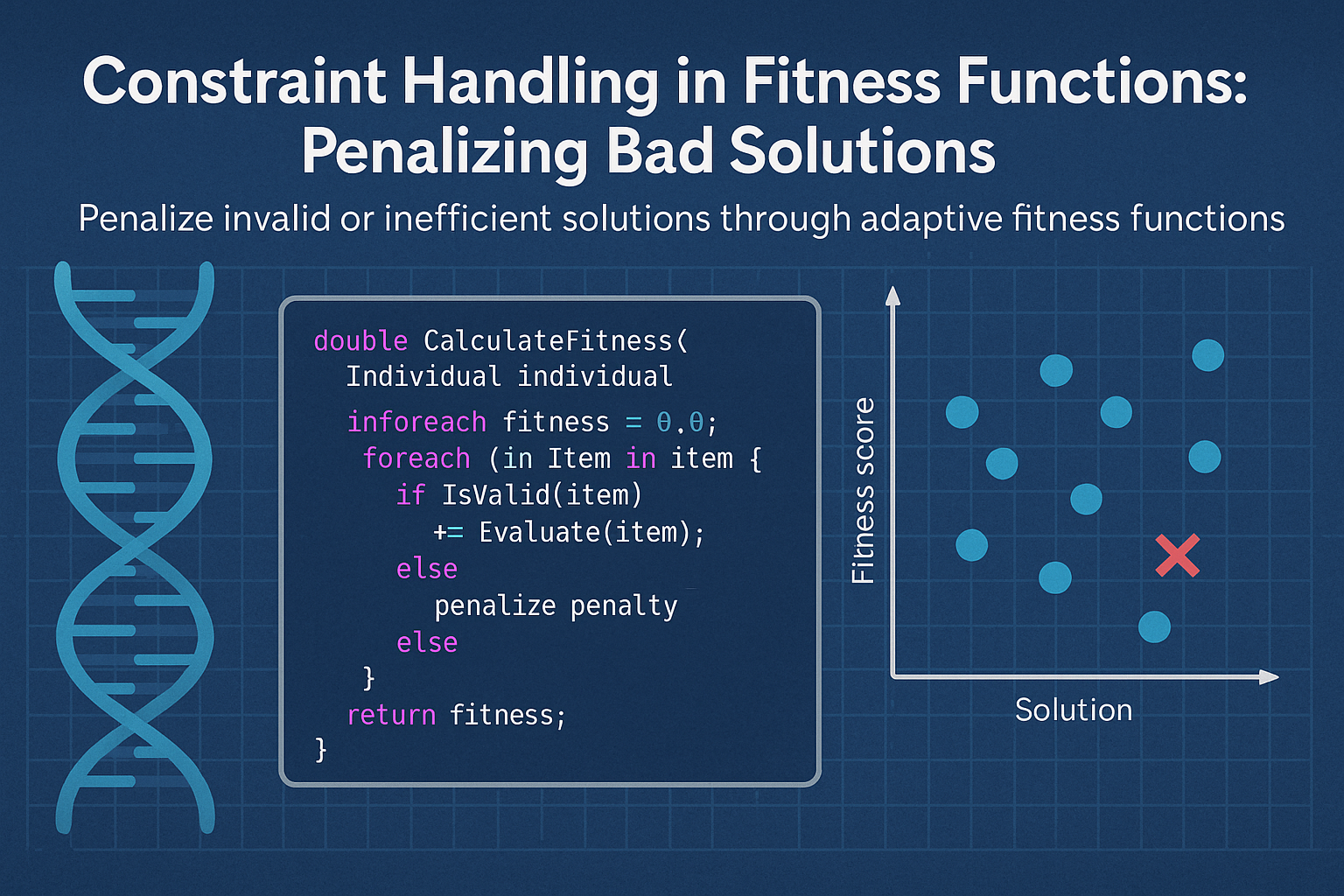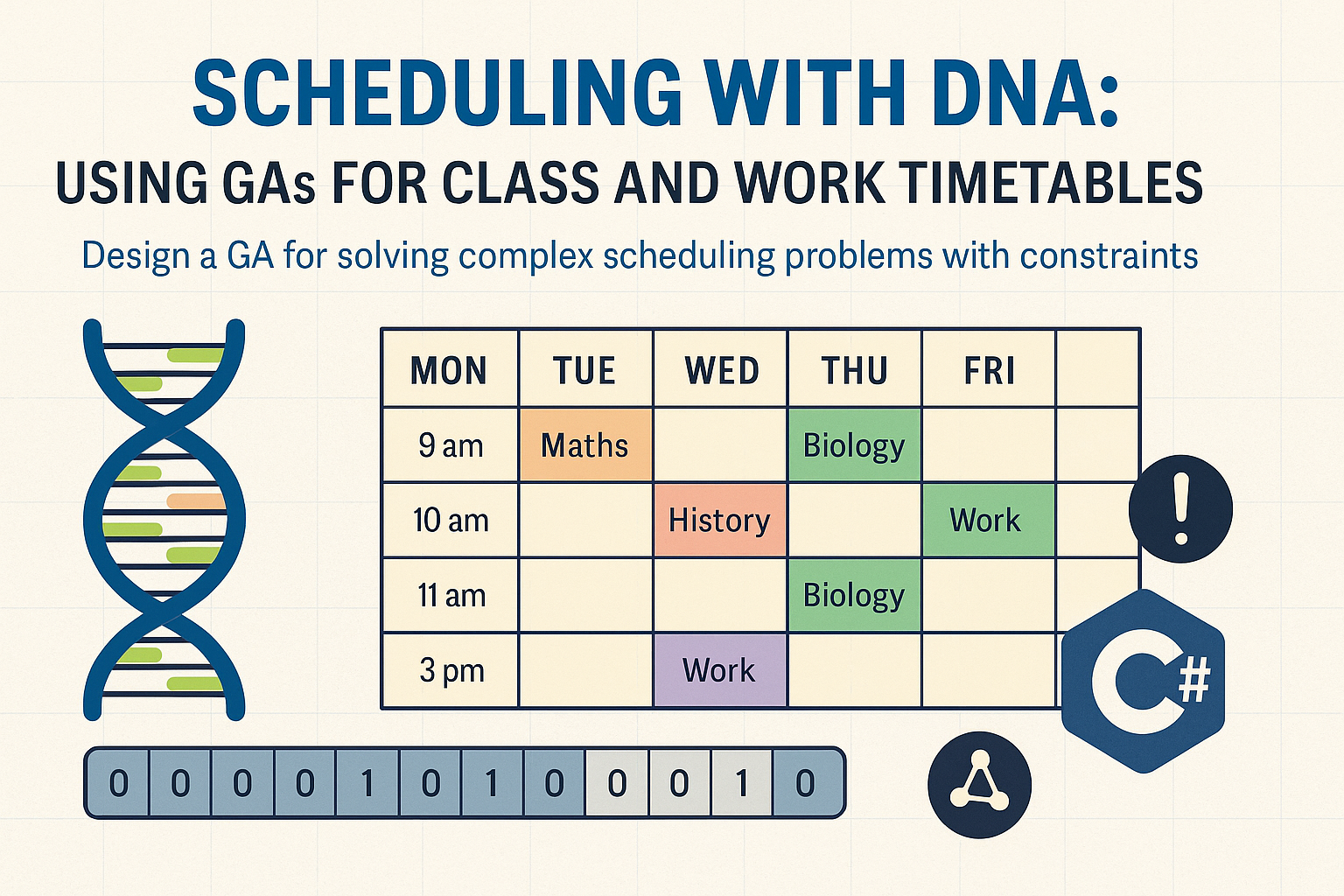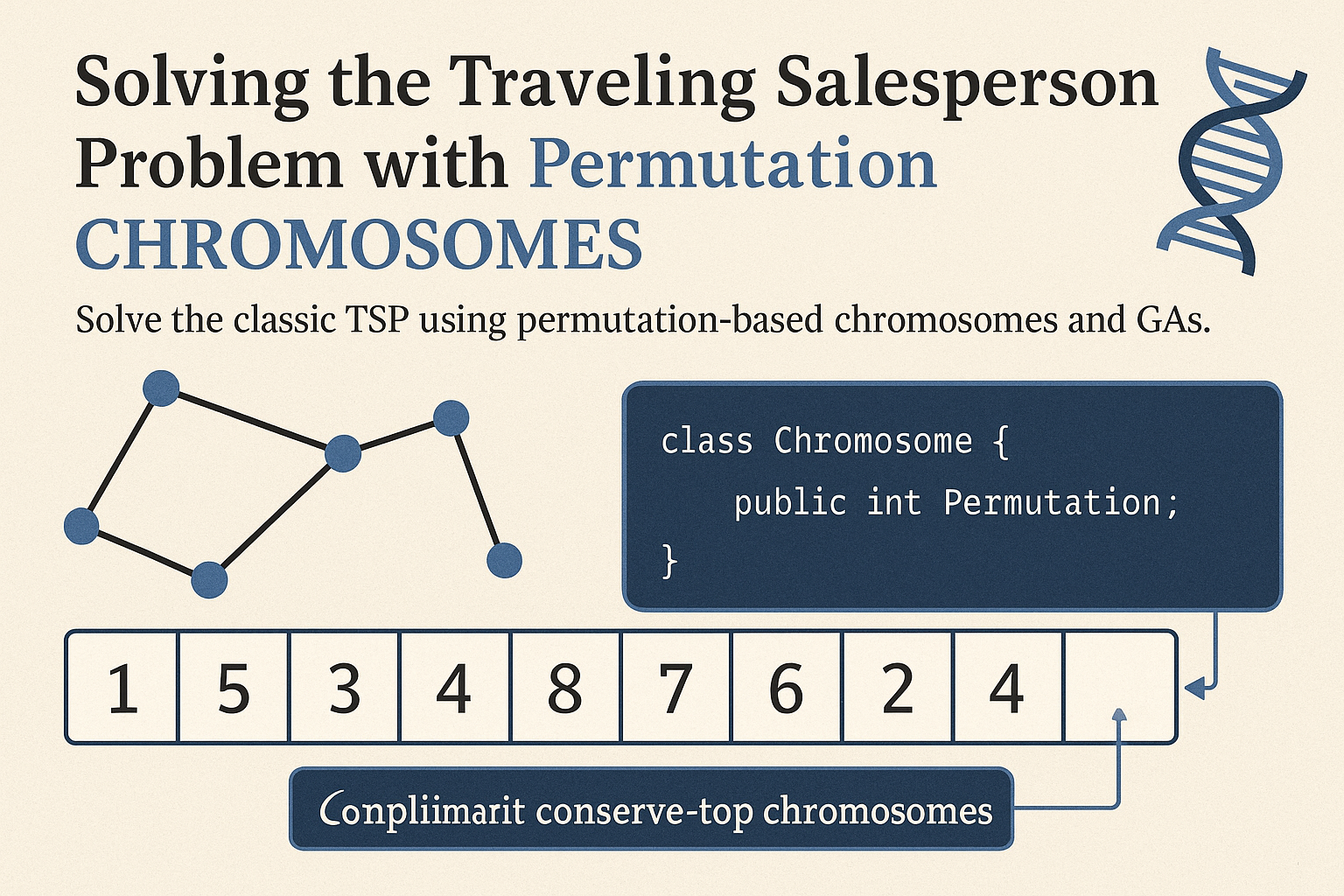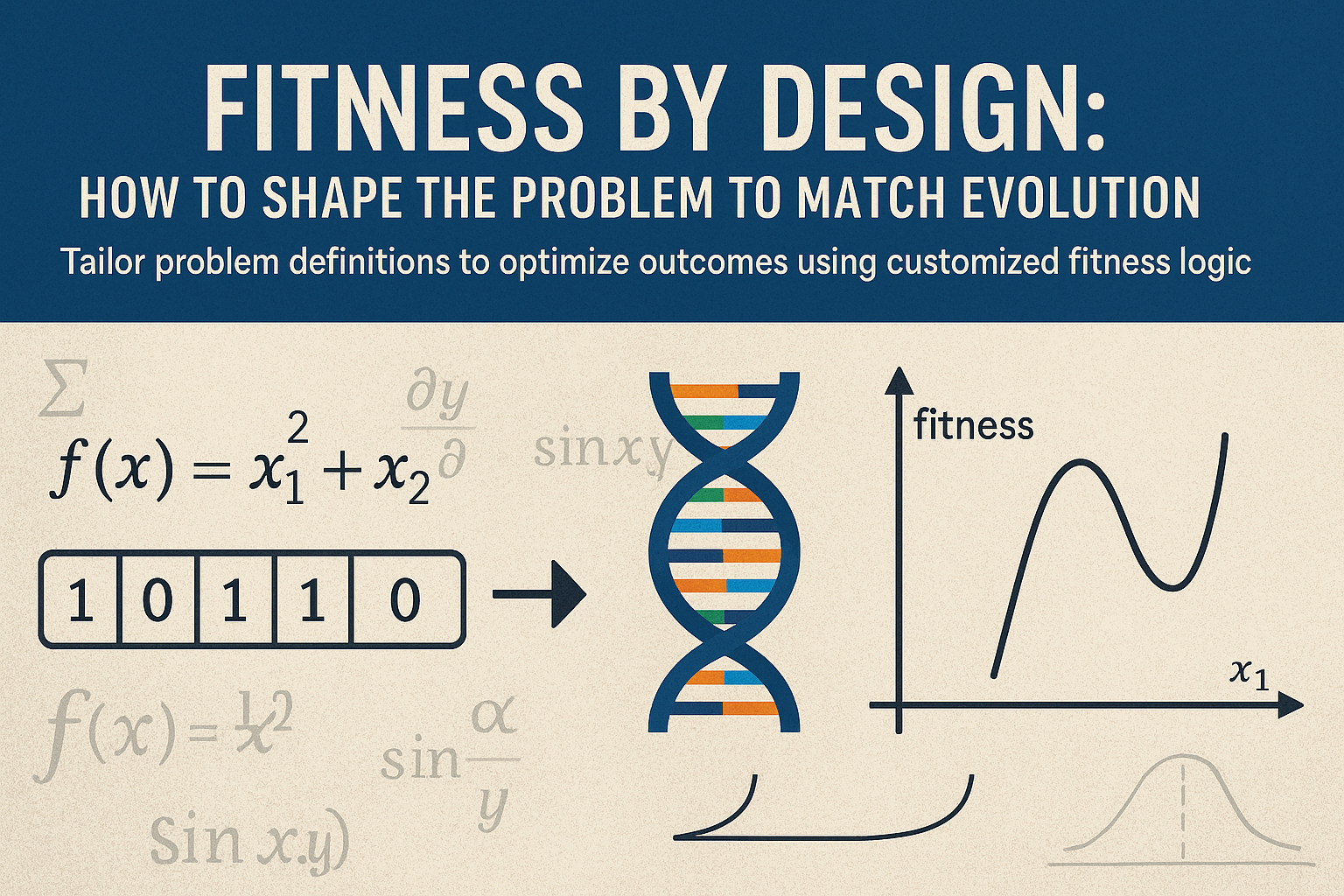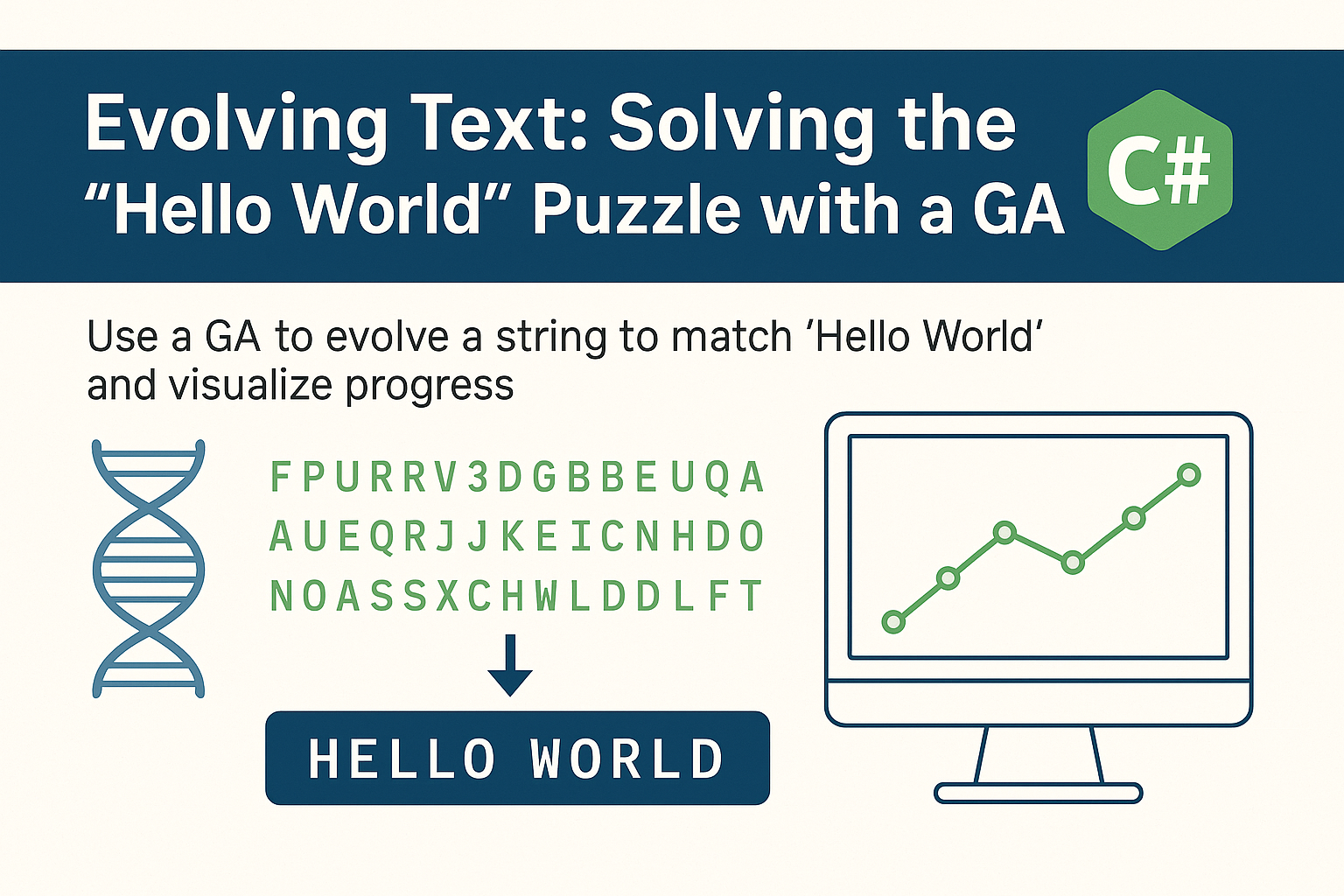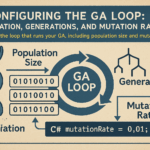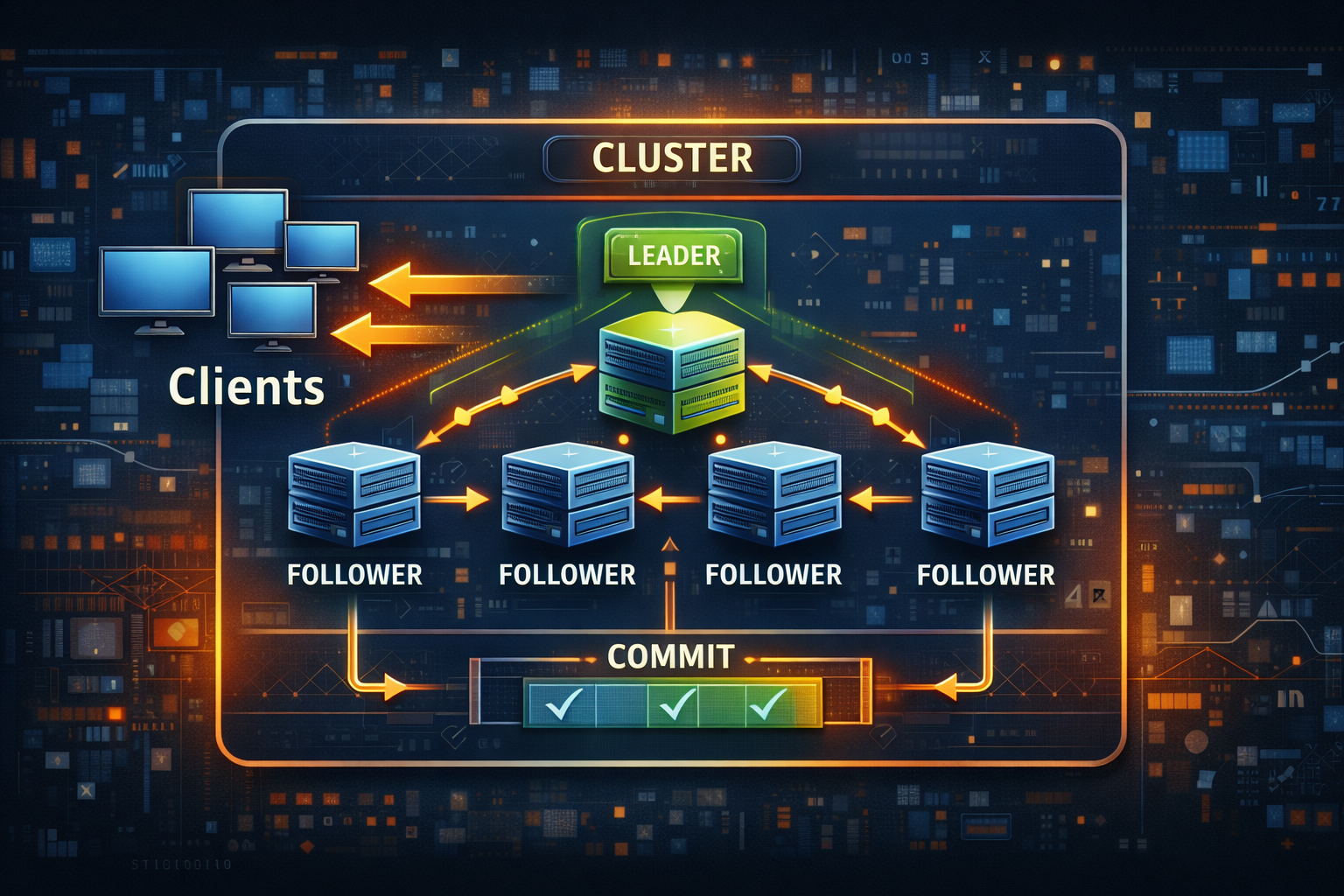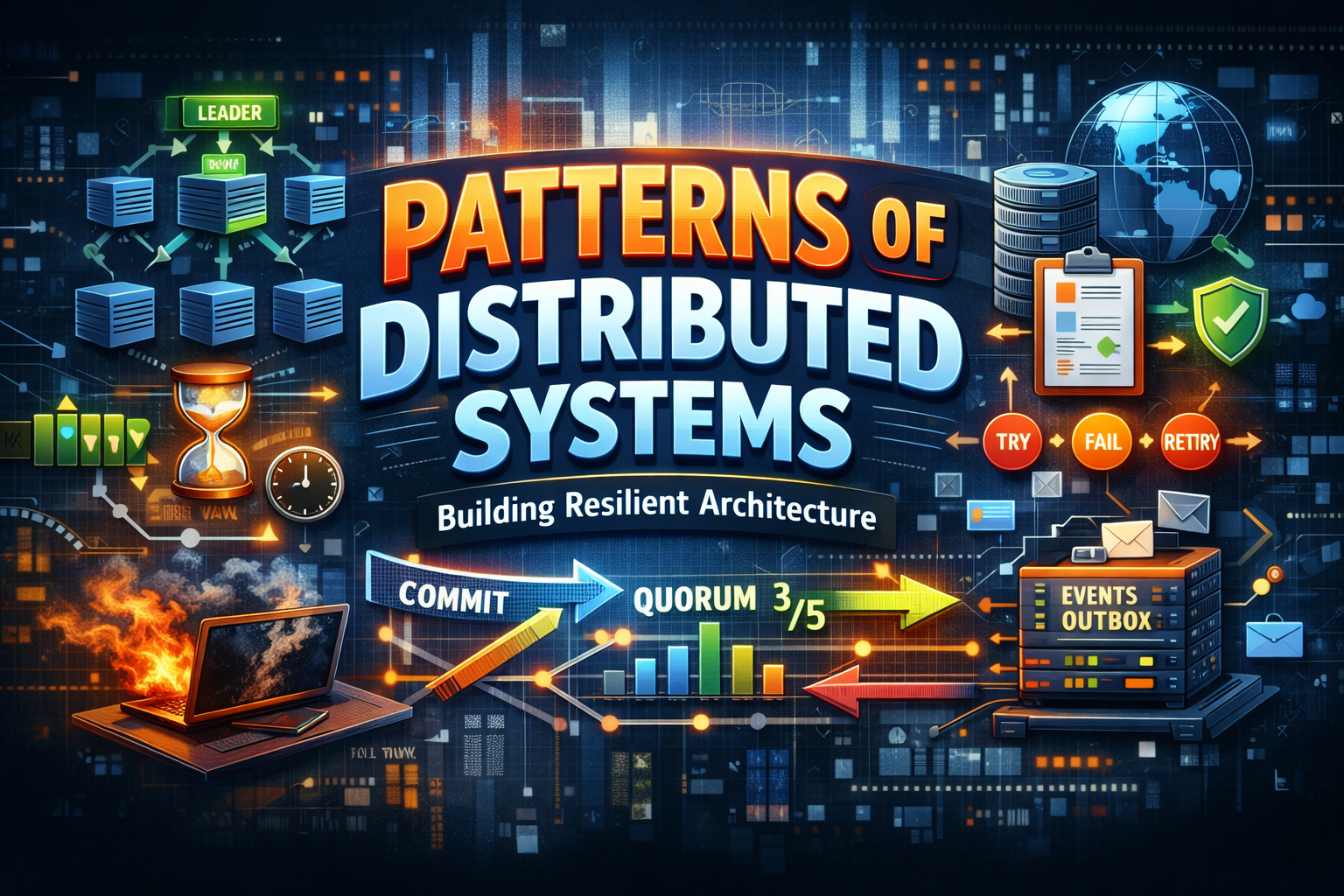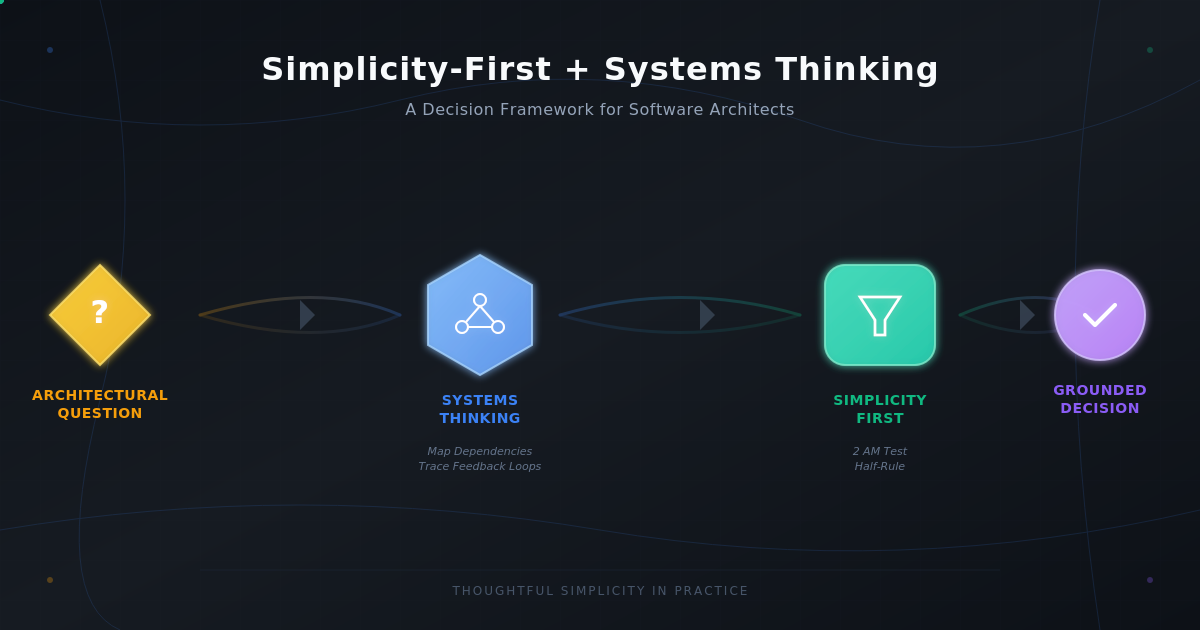Day 22: Multi-Objective Optimization: When One Fitness Function Isn’t Enough
In many real-world problems, a single fitness function is insufficient to capture the complexity of the solution space. Applications in engineering, logistics, finance, and machine learning often involve trade-offs among competing objectives. For example, minimizing cost while maximizing performance, or reducing power consumption without sacrificing accuracy. In these cases, genetic algorithms (GAs) can be extended to support multi-objective optimization.
Continue Reading
Day 21: Genetic Algorithms vs. Brute Force: A Benchmark Comparison
To conclude Week 3, let’s address one of the most common questions developers ask when learning about genetic algorithms: How do they perform compared to brute-force solutions? This is especially relevant when working on combinatorial problems, such as the Traveling Salesperson Problem (TSP) or scheduling tasks. Genetic algorithms promise that they offer reasonable solutions in a fraction of the time it takes brute-force methods to find optimal ones. But how does this actually play out?
Today, we’ll benchmark a simple scenario using both approaches and compare execution time and solution quality. We’ll use the TSP with 8 cities as our problem space. This size is large enough to make brute-force non-trivial, but still solvable within a reasonable time.
Continue Reading
Day 20: Constraint Handling in Fitness Functions: Penalizing Bad Solutions
Genetic algorithms are powerful optimization tools, but real-world problems often involve constraints that cannot be ignored. In scheduling, routing, resource allocation, and layout optimization, constraints like resource limits, timing conflicts, and exclusivity rules define what makes a solution valid. Without a mechanism to enforce or guide adherence to these rules, a genetic algorithm may evolve highly fit but completely infeasible solutions.
One effective way to handle this is by integrating constraint penalties directly into the fitness function. By penalizing violations, we make sure that invalid solutions are less likely to survive and propagate in future generations. This method requires designing fitness functions that are both accurate evaluators and adaptive enforcers of your problem’s rules.
Continue Reading
Day 19: Scheduling with DNA: Using Genetic Algorthms for Class and Work Timetables
Scheduling is a classic example of a constraint satisfaction problem that often becomes too complex for brute-force or greedy solutions. Whether you’re designing class timetables for a university or shift schedules for employees, the number of constraints quickly increases, making traditional methods inefficient. Genetic Algorithms provide a flexible and powerful approach to finding feasible and optimized schedules by evolving solutions that balance multiple constraints over time.
In a scheduling problem, the chromosome represents a potential timetable. Each gene can represent a time-slot assignment for a course, instructor, room, or shift. Unlike simple optimization problems, scheduling must respect both hard constraints (such as no double-booking of rooms or overlapping classes for a teacher) and soft constraints (such as preferring certain time blocks).
Continue Reading
Day 18: Mapping Cities: Visualizing TSP Evolution in .NET
One of the most effective ways to understand the progress of a genetic algorithm is to visualize its evolution. When solving the Traveling Salesperson Problem, a well-designed visualization can clearly show how random routes evolve into efficient paths over time. In .NET, we can use simple drawing libraries like System.Drawing to generate visual output during the evolution process.
Today, we will walk through how to integrate a visual component into your genetic algorithm for TSP using permutation chromosomes. You will generate images that show the route taken by the best chromosome of each generation, allowing you to see improvement over time.
Continue Reading
Day 17: Greedy Isn’t Always Bad: Heuristics in Genetic Algorithms
Genetic algorithms thrive on randomness and gradual improvement, but randomness alone often leads to slow convergence. While global search is essential to explore the full solution space, local improvements can dramatically accelerate progress. That is where heuristics come into play. Specifically, greedy heuristics can guide genetic algorithms by introducing problem-specific knowledge that favors better starting points, smarter offspring, and faster convergence.
Continue Reading
Day 16: Solving the Traveling Salesperson Problem with Genetic Algorithms Permutation Chromosomes
The Traveling Salesperson Problem, also known as TSP, is one of the most extensively studied combinatorial optimization problems in computer science. Given a set of cities and the distances between them, the objective is to find the shortest possible route that visits each city exactly once and returns to the starting point. This problem is computationally difficult to solve using brute-force methods because the number of possible routes grows factorially with the number of cities.
Continue Reading
Day 15: Fitness by Design: How to Shape the Problem to Match Evolution
In genetic algorithms, the fitness function is not just a scoring system—it is the definition of success. Your entire evolutionary process hinges on how well the fitness function communicates what “better” means in the context of your problem. If the fitness function rewards the right behaviors, your algorithm will evolve meaningful solutions. If not, you may end up optimizing toward the wrong objective or stuck in a plateau of mediocrity.
This post focuses on how to design fitness functions that align with your goals, reflect nuanced problem definitions, and promote useful evolution. Whether you are evolving strings, optimizing numbers, or solving real-world configurations, the fitness function is where the problem and solution space meet.
Continue Reading
Day 14: Evolving Text: Solving the “Hello World” Puzzle with a C# Genetic Algorithm
Now that you’ve built the complete set of genetic algorithm components, chromosomes, fitness functions, mutation, crossover, selection, and a configurable loop, it’s time to apply everything in a hands-on project. In today’s post, we’ll use a genetic algorithm to evolve a string toward a target phrase: “HELLO WORLD”.
This classic exercise helps demonstrate how genetic algorithms work in a tangible, visual way. You’ll see the population of strings gradually improve, letter by letter, until they match the target. It’s a powerful example of emergent behavior through selection and variation.
Continue Reading
Day 13: Configuring the Genetic Algorithm Loop in C#
A genetic algorithm is only as effective as the loop that drives it. While selection, crossover, mutation, and elitism form the backbone of a genetic algorithm (GA), it is the configuration of the evolution loop that determines how the algorithm behaves over time.
Today’s focus is on designing and implementing the loop that runs your genetic algorithm. We will examine how to parameterize the loop with values such as population size, mutation rate, elite count, and maximum generations, and how to structure your logic to support reusable, testable, and adaptable evolutionary flows in C#.
Continue Reading
